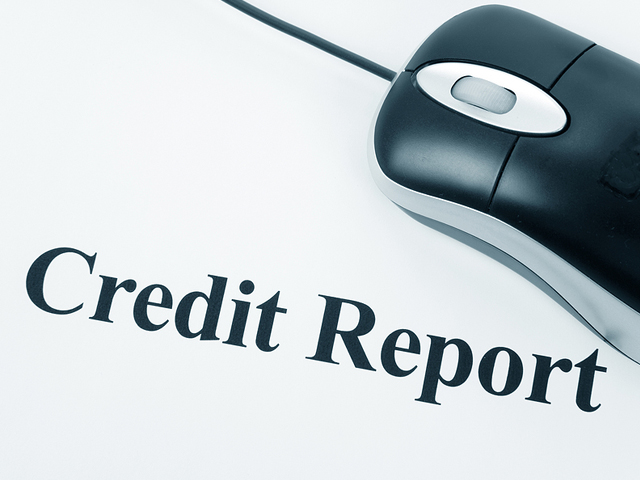
Establishing positive financial habits can transform your life and set you up for a successful future. Learning how to set up good credit and how to maintain it can help you meet all your financial goals. You need to have good credit to purchase a vehicle, obtain a credit card and buy a house.
What is my credit report and what does it contain?
Your personal credit report is based on 4 key information areas:
Personal: Your address, name, Social Security number, employment information and date of birth.
Credit History: This is a record of the kinds of accounts you have, the date they were established, the loan amount or credit limit, your payment history and the account balance.
Public Records: Foreclosures, legal judgments, bankruptcies, garnishments and legal suits.
Inquiries: A list of creditors who have made inquiries and accessed your credit report over the past 2 years.
What items are used to generate my credit score?
Your credit score is a number that offers a glimpse of your credit report. It allows a lender to check the score and determine what your credit risk is, translating to your ability to repay your debt. The FICO Fair Isaac's score is commonly used and considers the following factors:
Length of credit history: This investigates how long you have had your credit accounts and how often they are utilized. Your FICO score increases with how long you have had your credit history.
The Amount owed: This looks at your available lines of credit and your debt. Your score will be lower if you owe more than your credit limit.
Kinds of Credit Used:
This looks at how many credit accounts you have and the number of installment-kinds of accounts that are in your name. If you have a diverse credit portfolio, your score can be strengthened.
New Credit: This looks at any newly opened credit accounts such as credit cards and new credit requests, such as car loans. Your credit can suffer if you have multiple credit requests.
Payment history: Any bankruptcies or late payment items are considered and the default items can damage your credit score.
Watch Your Credit Score & Credit Report
Did you know that you can ask for a free copy of your credit report once a year? This was established by federal law and delivered by the three main consumer credit reporting bureaus: TransUnion, Experian, and Equifax.
Checking into your credit regularly can help notify you if things are amiss. Sometimes, payments are not processed properly or may be lost in the mail. Other times, it is a red-flag indicator of identity theft.
Check into the Federal Trade Commission Identity Theft Website
Access this national resource to help you defend, detect and deter identity theft. This website helps people learn how to avoid becoming a victim of identity theft and what steps to take if your identity is stolen.
How is my credit score broken down?
There are different descriptions for your credit score ranging from excellent, very good, fair, poor, etc. These offer an illustrative look at your credit. Decisions on loans are based on numerous factors that stretch beyond a credit score. There are a variety of things your lender will consider including employment, debt ratio and credit history.











